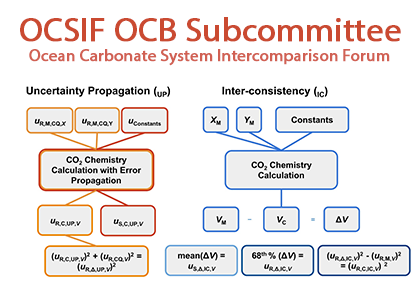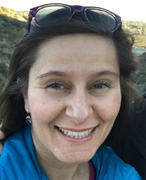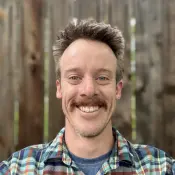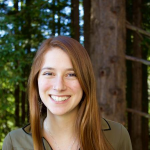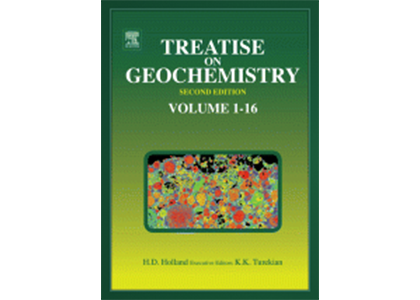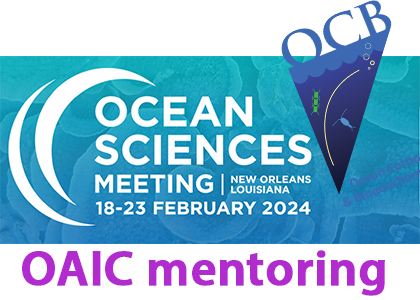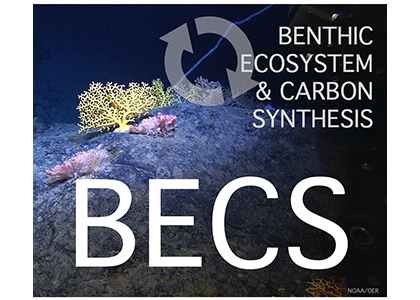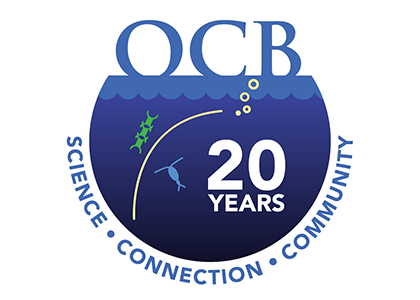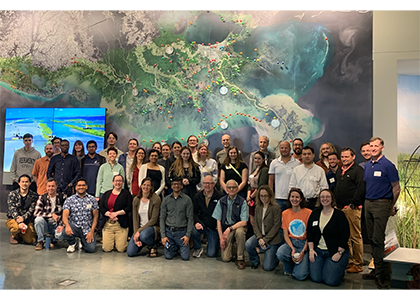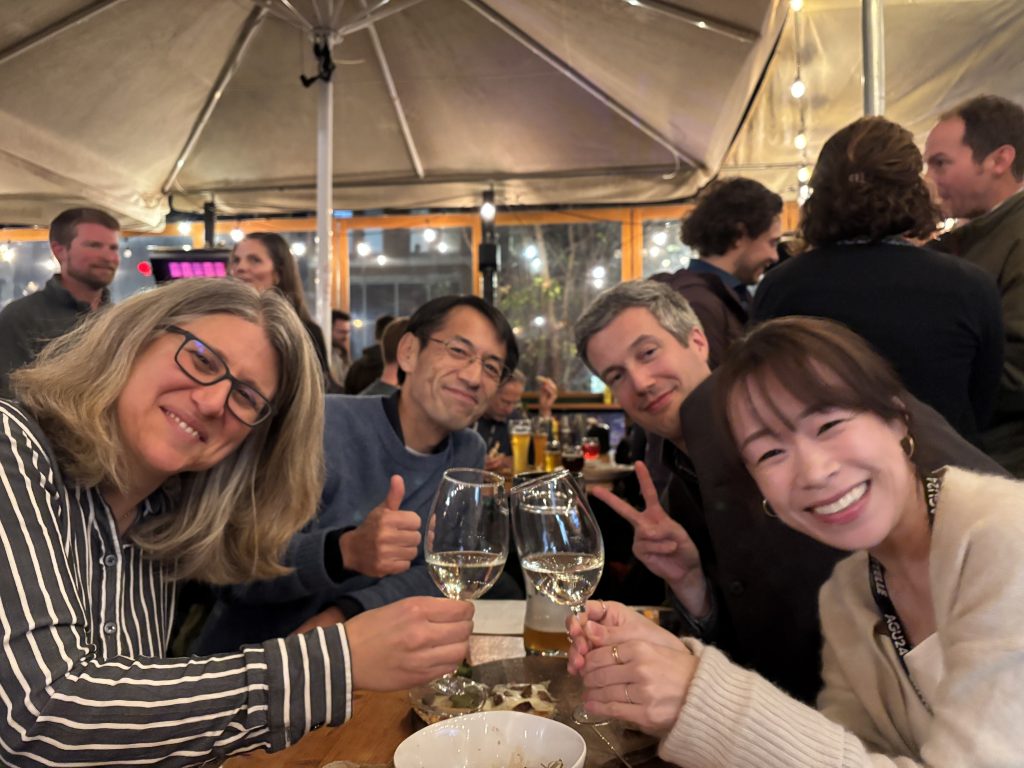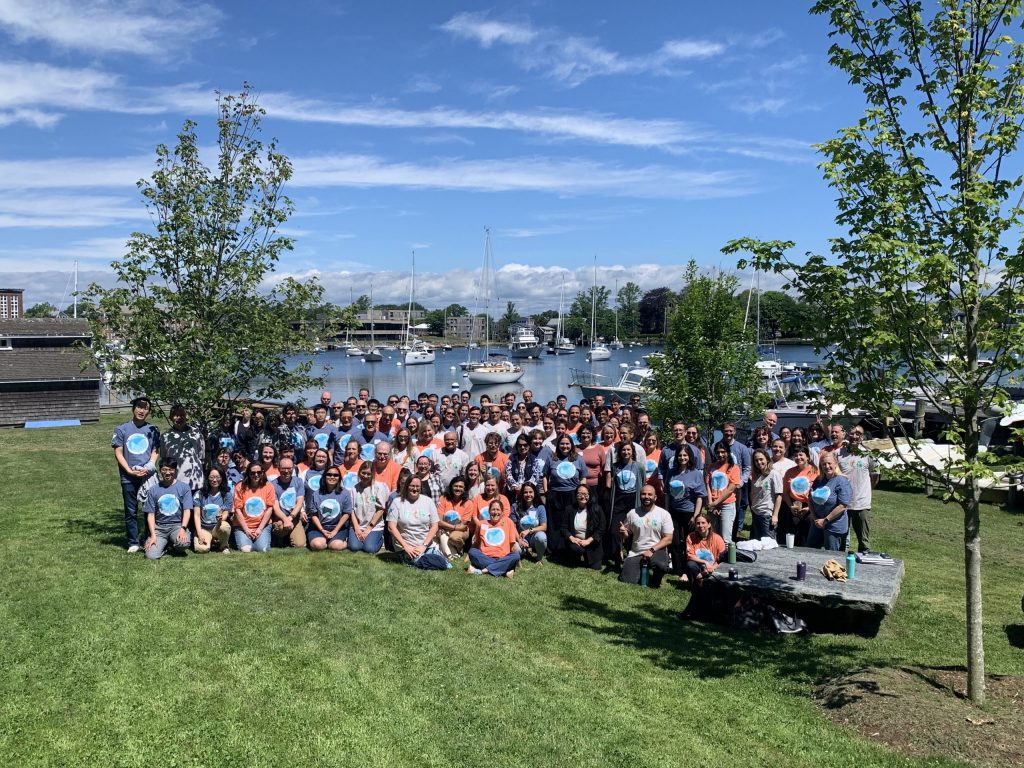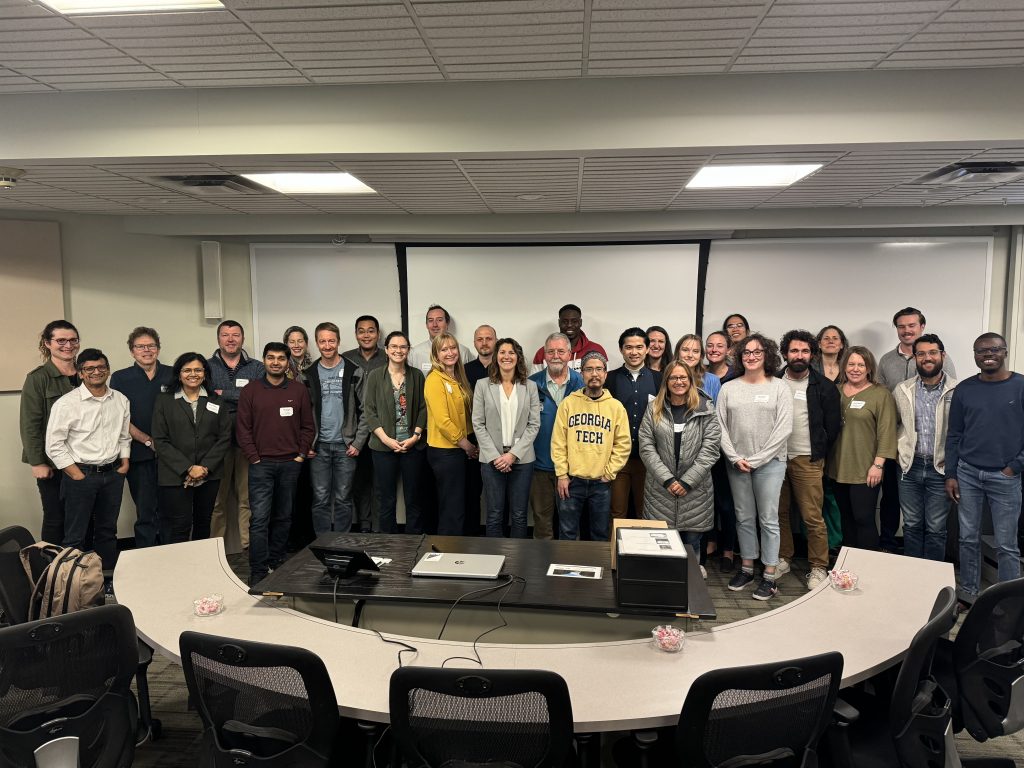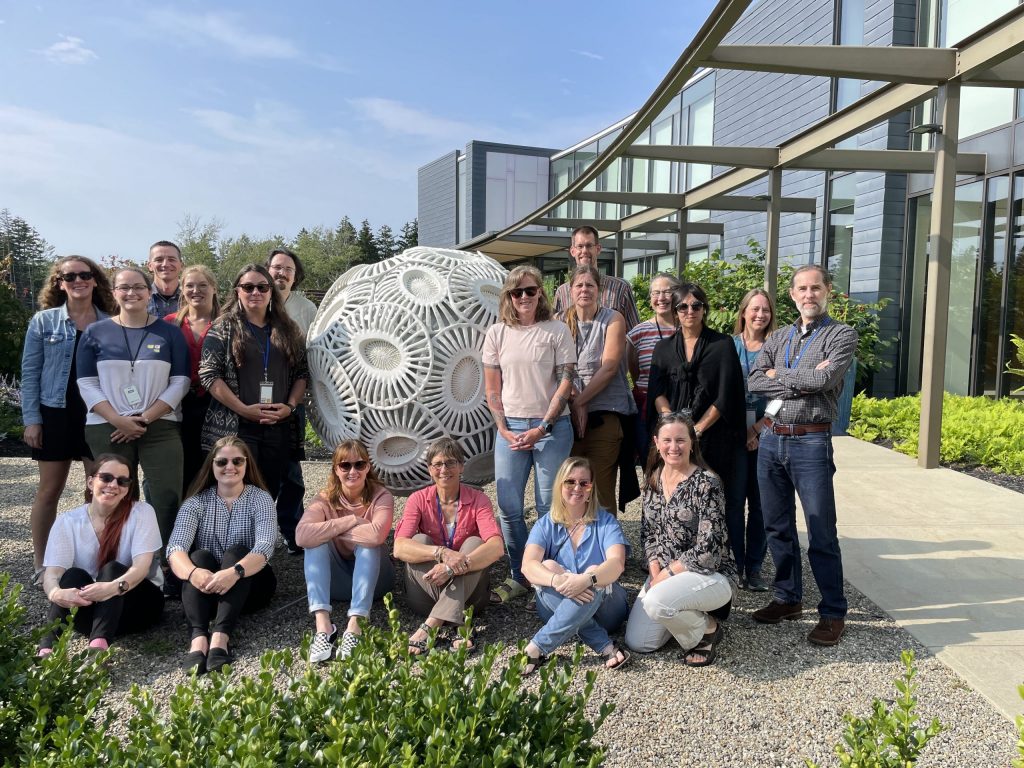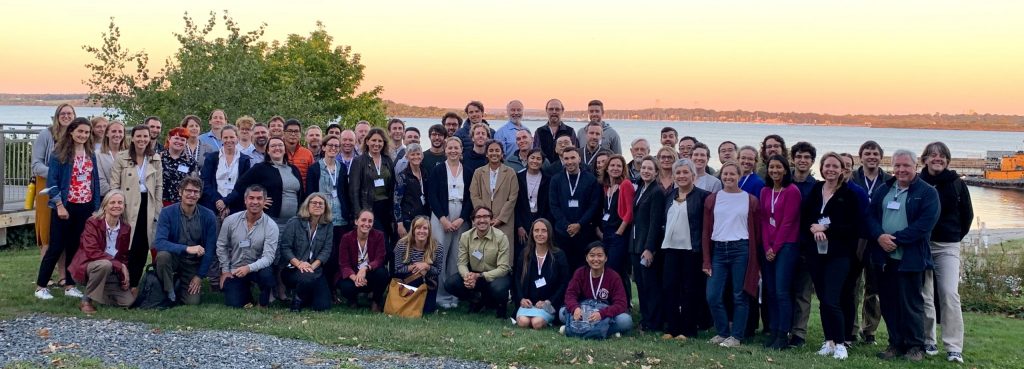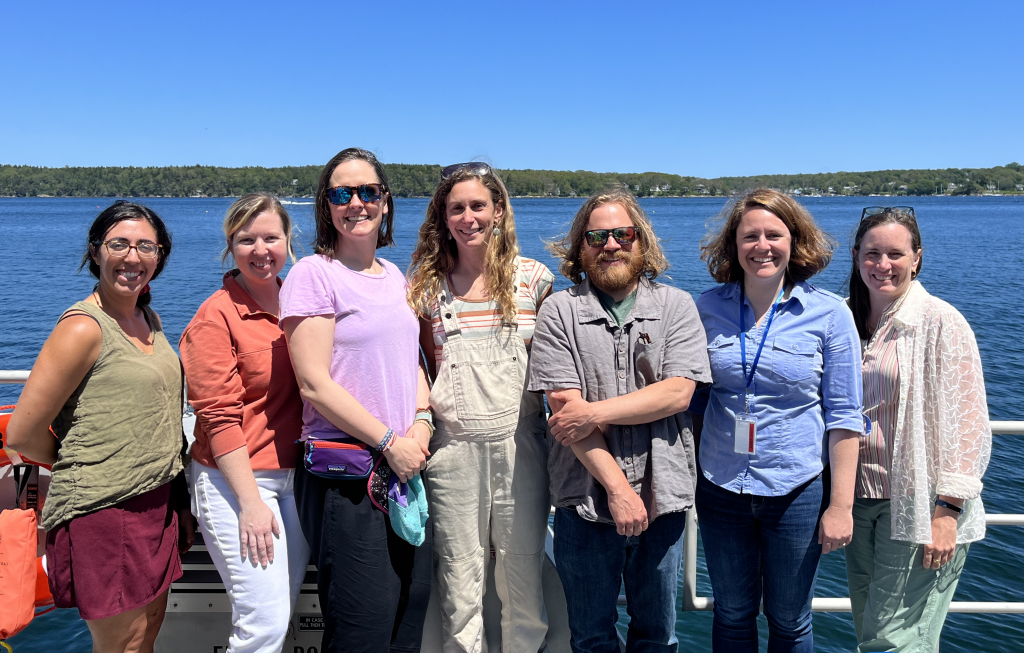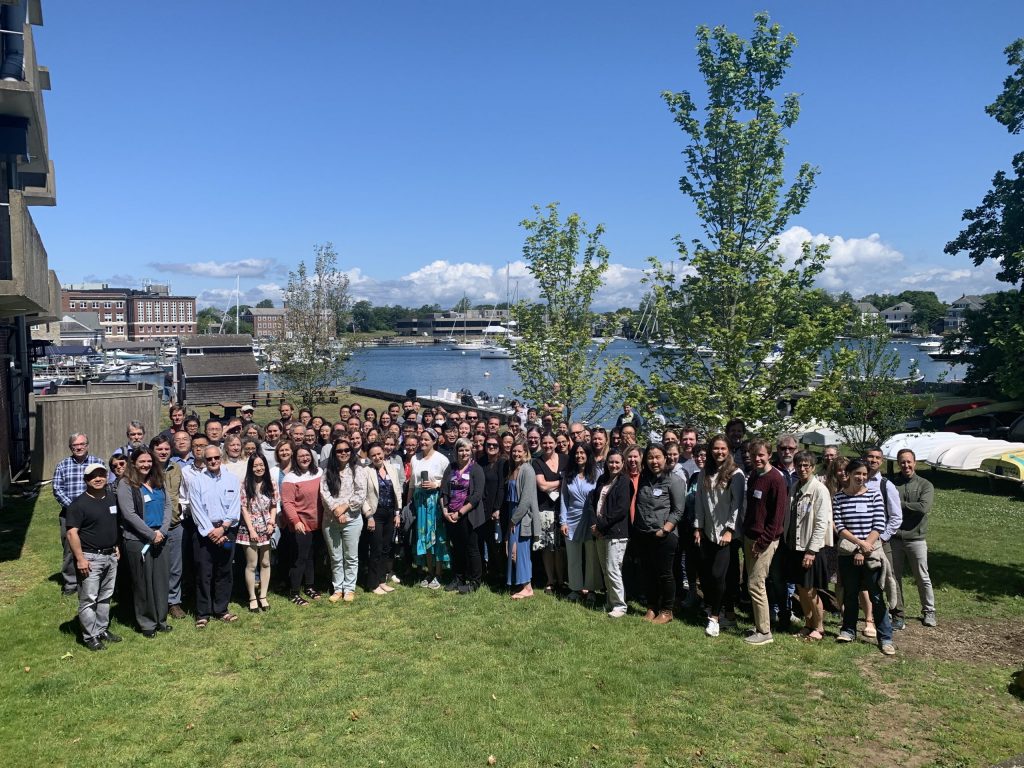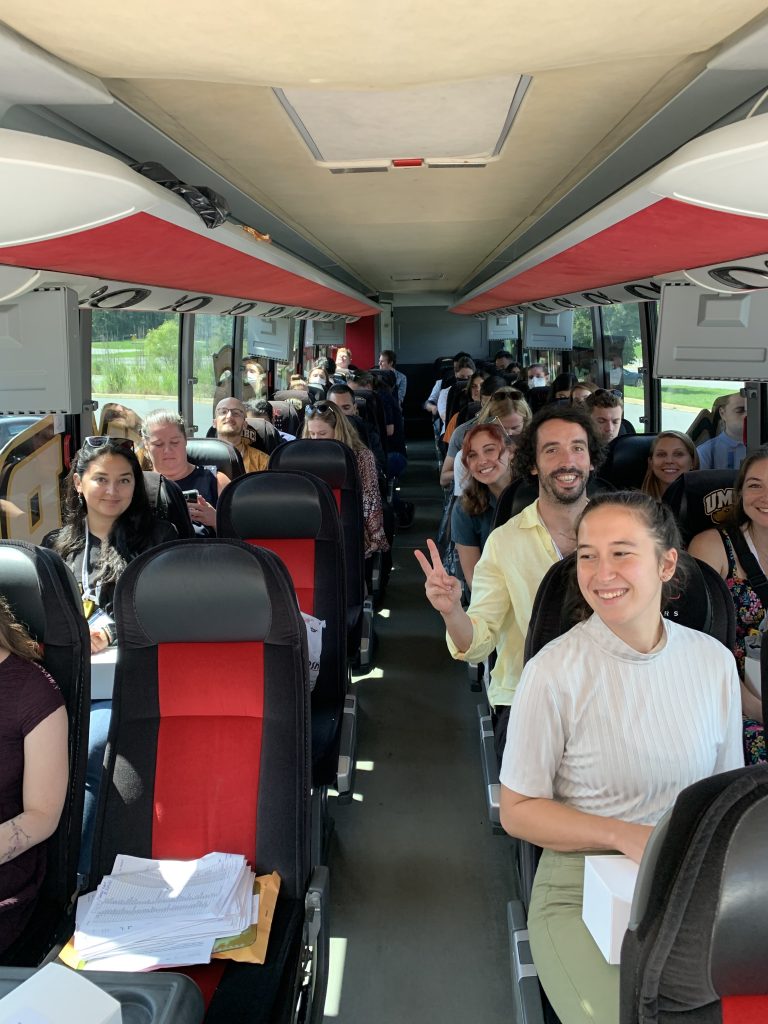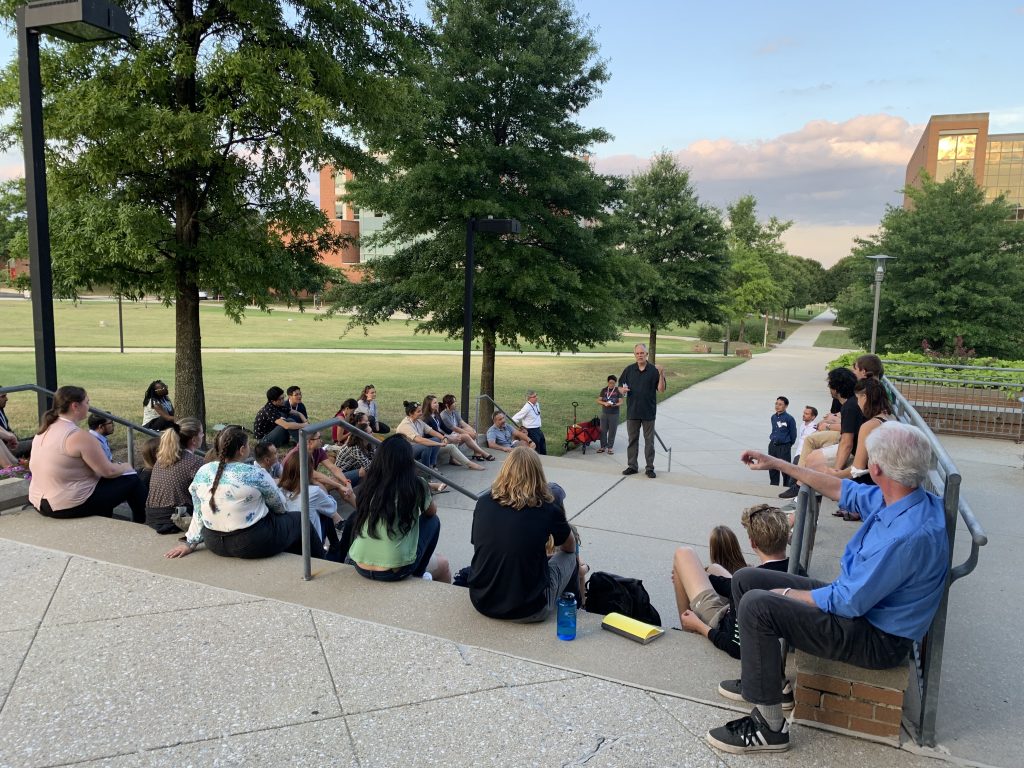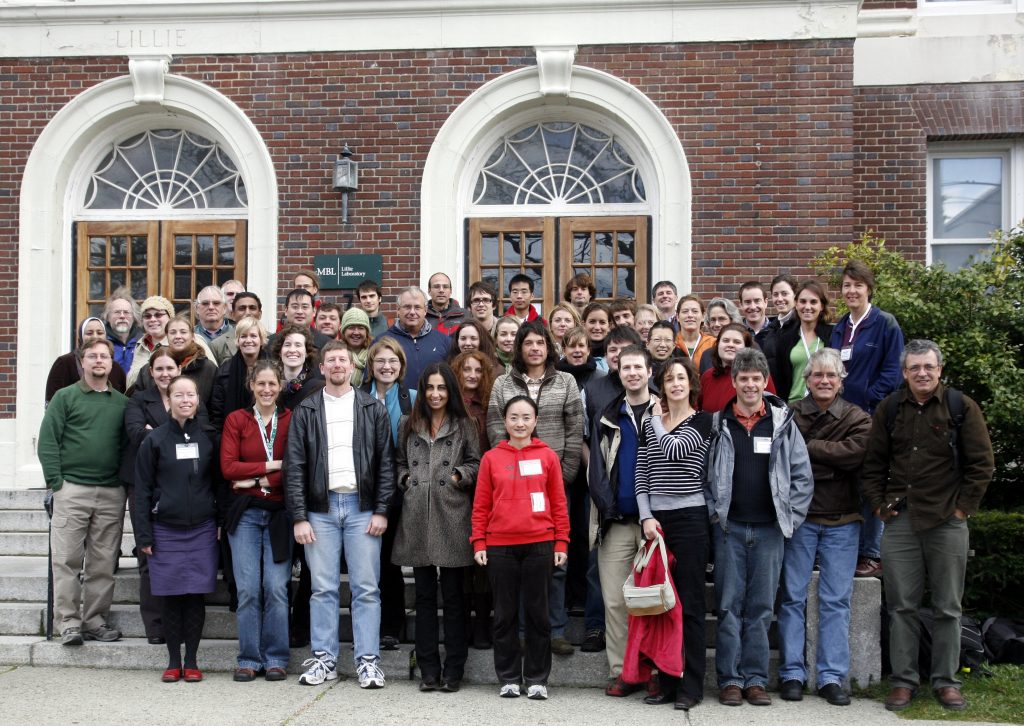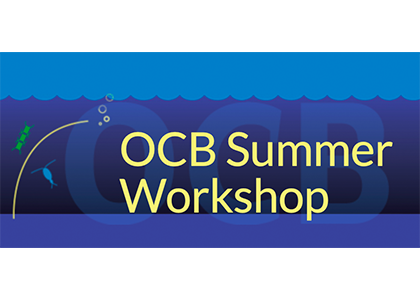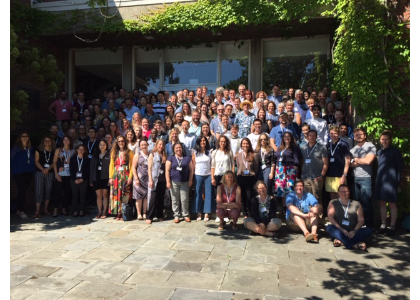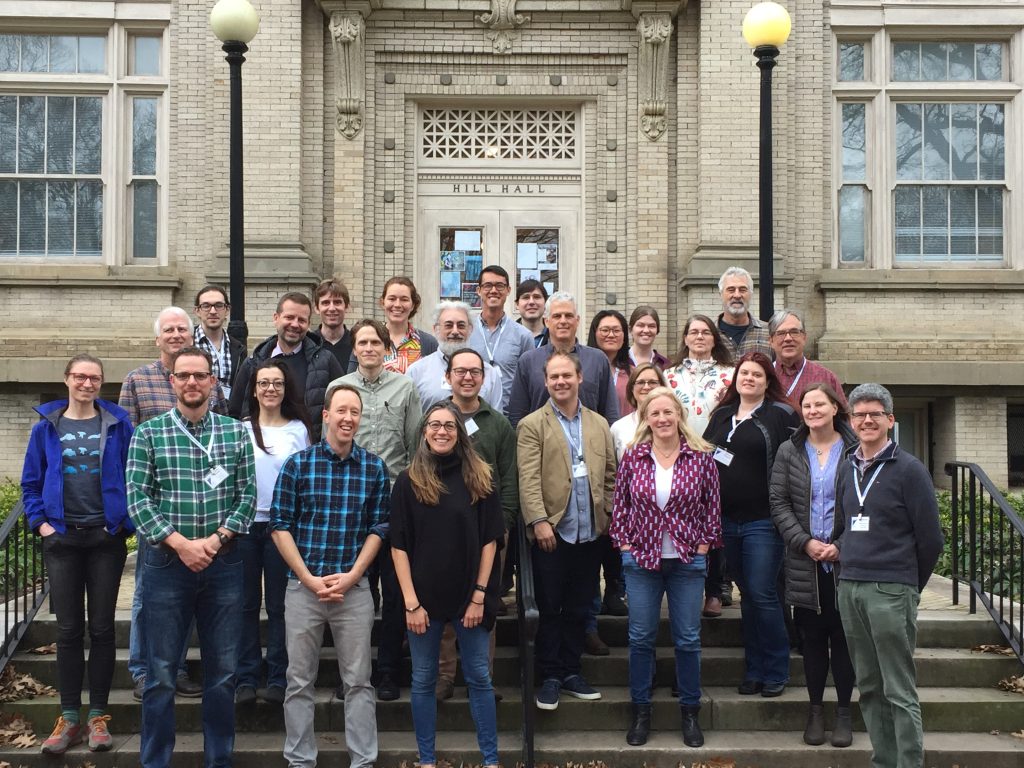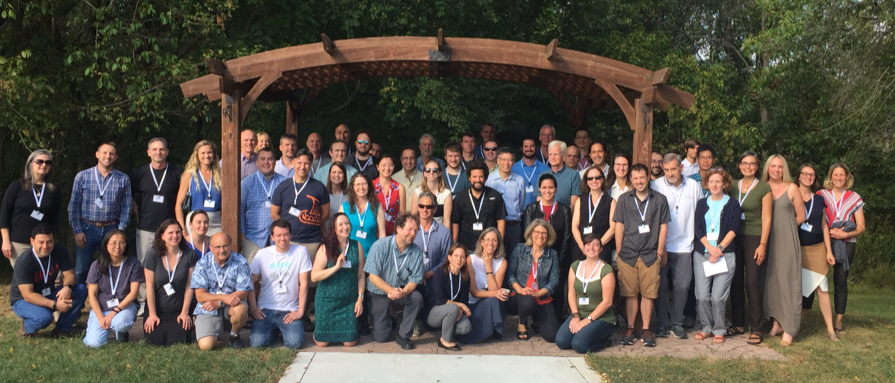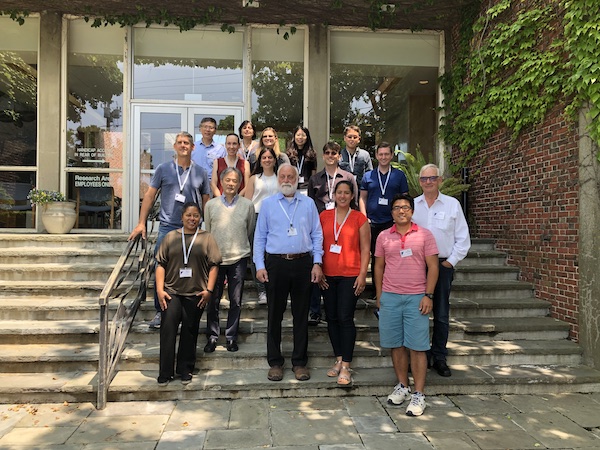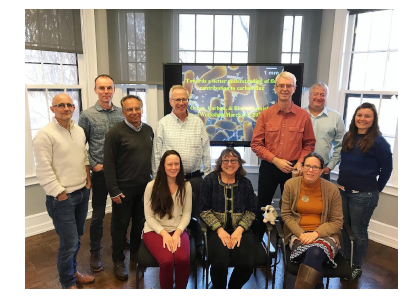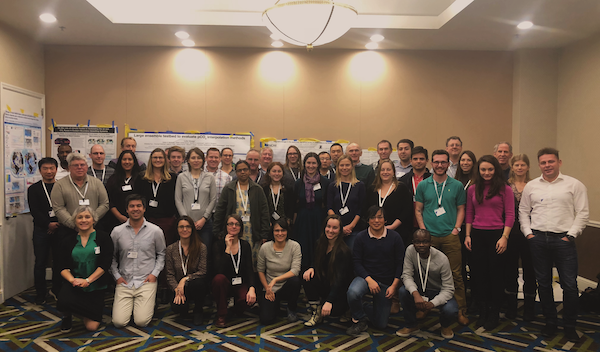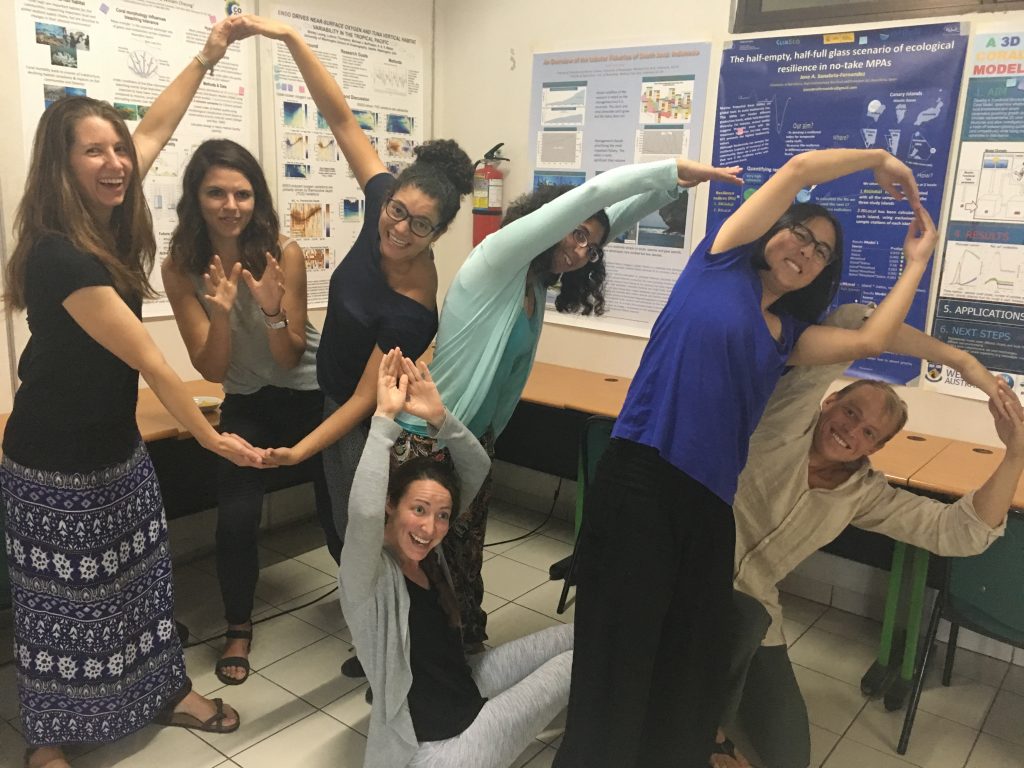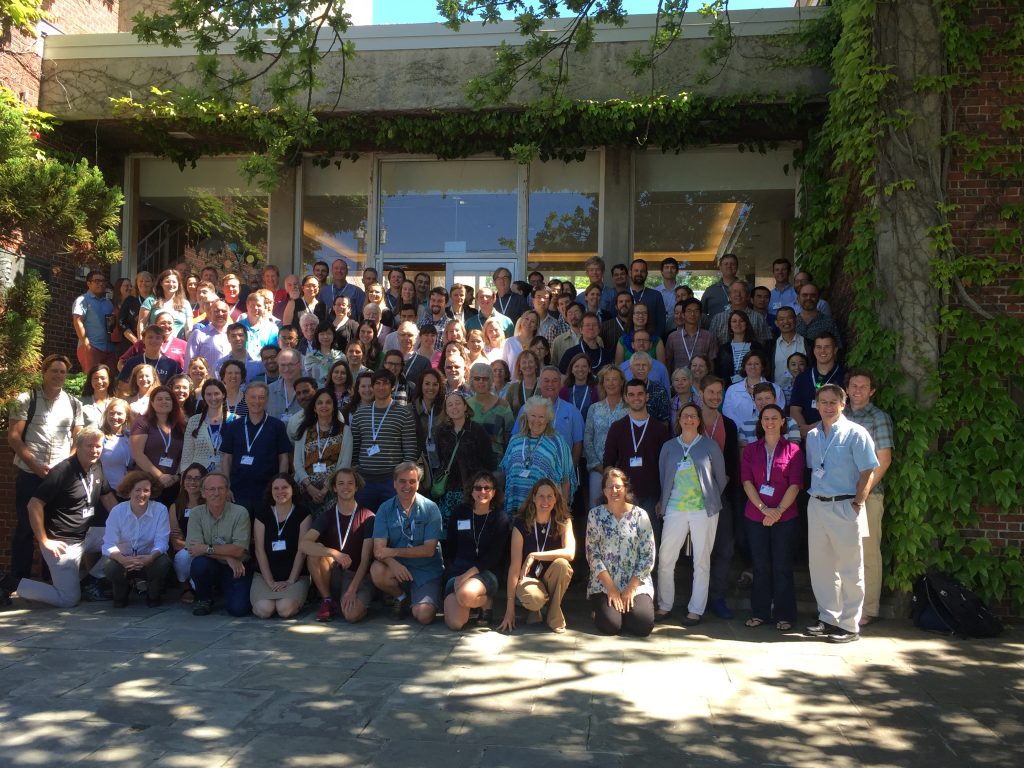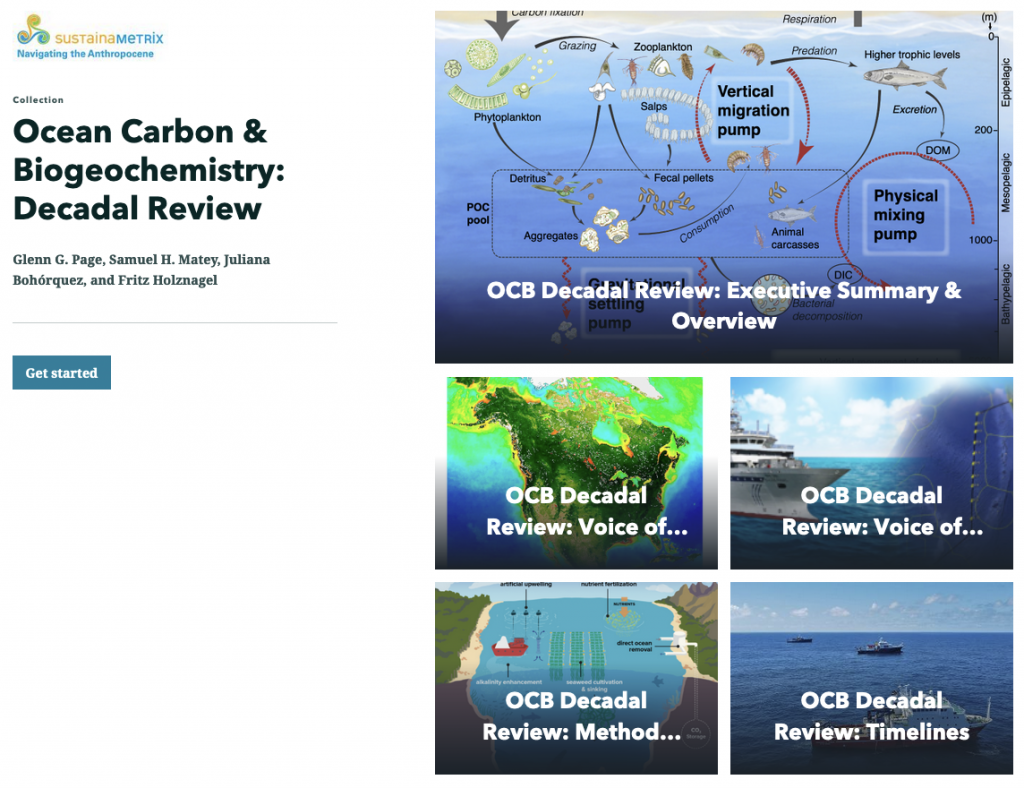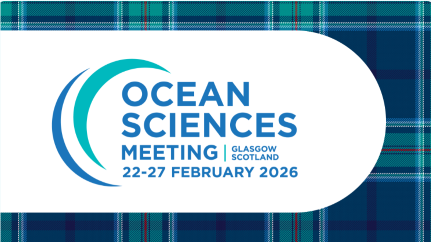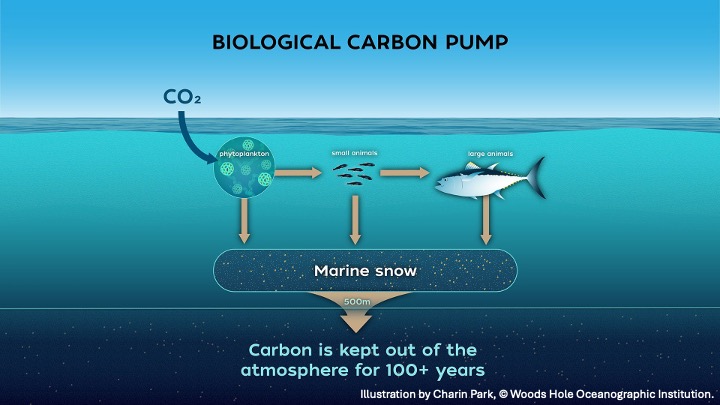We are currently seeking nominations for members of a newly established OCSIF topical subcommittee of the OCB SSC – the Ocean Carbonate System Intercomparison Forum (OCSIF). This subcommittee has its origins in the OCB OCSIF working group focused on identifying and addressing uncertainties in the seawater carbonate system and increasing measurement inter-comparability, with goals of advocating for and sparking collaborations to address these issues and providing guidance for data reporting and documentation while fostering engagement across career stages and global participation. We aim to include a range of expertise and career stages, including very early career scientists (0-4 years since PhD). Non-US applicants are encouraged to apply, as we will aim to include at least 1-2 non-US members on the subcommittee at all times. The subcommittee will include up to 15 members. We are seeking a range of expertise pertaining to the ocean carbonate system, including:
- Ocean carbonate system measurements (pH, total alkalinity, dissolved inorganic carbon, and pCO2)
- Carbonate system reference material/metrology
- Ocean carbonate system calculations, software, and modeling
- Ocean carbonate system autonomous sensors
- Data product development
- Organic acids and organic alkalinity
- Ocean acidification
- Inorganic carbon cycling
- Marine carbon dioxide removal
- Marine physical chemistry
- Coastal and estuarine carbonate cycling
Please submit your nominations to the OCB Project Office using this nomination form by March 13, 2026. Self-nominations are welcome and encouraged!
OCB subcommittee membership terms are typically ~2-4 years, but a detailed charge and terms of reference for this new subcommittee will be established by its inaugural members. The inaugural co-chairs of this subcommittee will be Ryan Woosley (MIT) and Katelyn Schockman (U Miami/NOAA). The OCB Project Office will oversee the nomination and election process. Discussion of nominees and scoring via electronic ballot will be carried out by a small committee of subject matter experts, including Ryan and Katelyn.

